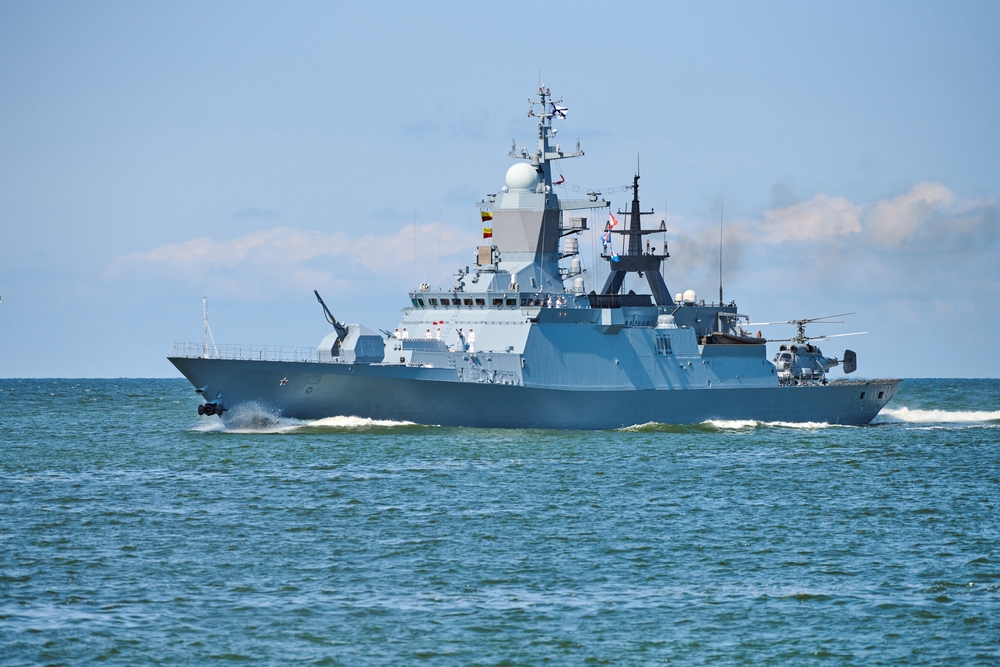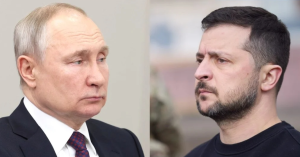A Russian spy ship was escorted out of NATO-monitored waters after suffering mechanical issues.
Others are reading now
Since Russia launched its full-scale invasion of Ukraine, the Russian Navy has increased deployments of intelligence-gathering ships towards the Atlantic Ocean, which NATO continues to monitor closely.
Last week, the Russian vessel Chusovoy reportedly broke down in the Kattegat, a strait separating Denmark and Sweden that leads into the North Sea.
This information was shared by an open-source intelligence account on X.
On Monday, Danish outlet Danwatch reported that the Chusovoy was seen sailing under the Great Belt Bridge, which links the Danish islands of Sjælland and Fyn.
Also read
The Russian vessel was accompanied by the military tugboat SB-123 and closely monitored by a Danish patrol ship.
Jens Wenzel Kristoffersen, a naval analyst at Nordic Defence Analysis, told Danwatch that the Chusovoy might have been inspecting an underwater cable near the Anholt Offshore Wind Farm.
He also suggested it could have simply been transiting through Danish waters.
The Chusovoy, part of Russia’s Northern Fleet, is known for intercepting signals from Western submarines. It typically operates in the Barents and Norwegian Seas but had also passed under the Great Belt Bridge during a rare visit to the Baltic in May.
The exact objective of its recent journey near NATO waters is still uncertain.
However, a June investigation by Follow the Money and the Belgian newspaper De Tijd revealed that Russia’s suspected spy fleet in the North Sea has grown to nearly 200 civilian vessels. These include fishing boats, cargo ships, oil tankers, and research vessels, all believed to be gathering intelligence on critical infrastructure and pipelines.
Additionally, Ukrainian Defense Intelligence (HUR) reported a successful operation on October 7, which disabled the Russian Baltic Fleet minesweeper Aleksandr Obukhov.








